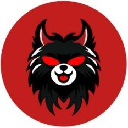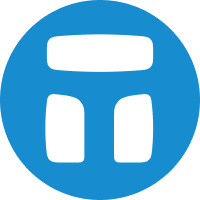-
 Bitcoin
Bitcoin
$93,486.1227
0.02% -
 Ethereum
Ethereum
$3,268.4456
1.11% -
 Tether USDt
Tether USDt
$0.9999
0.05% -
 XRP
XRP
$2.3182
4.58% -
 BNB
BNB
$691.7903
1.91% -
 Solana
Solana
$189.3598
0.02% -
 Dogecoin
Dogecoin
$0.3243
-0.99% -
 USDC
USDC
$1.0001
0.00% -
 Cardano
Cardano
$0.9212
0.35% -
 TRON
TRON
$0.2432
-0.73% -
 Avalanche
Avalanche
$36.8021
0.81% -
 Sui
Sui
$4.7775
7.46% -
 Toncoin
Toncoin
$5.2159
1.37% -
 Chainlink
Chainlink
$19.9159
0.88% -
 Shiba Inu
Shiba Inu
$0.0000
5.05% -
 Stellar
Stellar
$0.4036
2.82% -
 Hedera
Hedera
$0.2739
1.83% -
 Polkadot
Polkadot
$6.7041
3.54% -
 Bitcoin Cash
Bitcoin Cash
$425.8747
1.17% -
 UNUS SED LEO
UNUS SED LEO
$9.0542
-0.05% -
 Litecoin
Litecoin
$103.8621
6.12% -
 Uniswap
Uniswap
$12.7251
1.20% -
 Bitget Token
Bitget Token
$6.3627
1.64% -
 Pepe
Pepe
$0.0000
2.21% -
 Hyperliquid
Hyperliquid
$20.5218
-0.17% -
 NEAR Protocol
NEAR Protocol
$5.0192
2.37% -
 Ethena USDe
Ethena USDe
$0.9991
0.06% -
 Dai
Dai
$1.0001
0.02% -
 Internet Computer
Internet Computer
$10.3418
-0.79% -
 Aptos
Aptos
$8.7700
0.68%
How to buy and trade QTUM? Where to buy QTUM?
Binance, KuCoin, and Coinbase are among the popular cryptocurrency exchanges where traders can purchase and trade QTUM.
Nov 06, 2024 at 06:06 pm
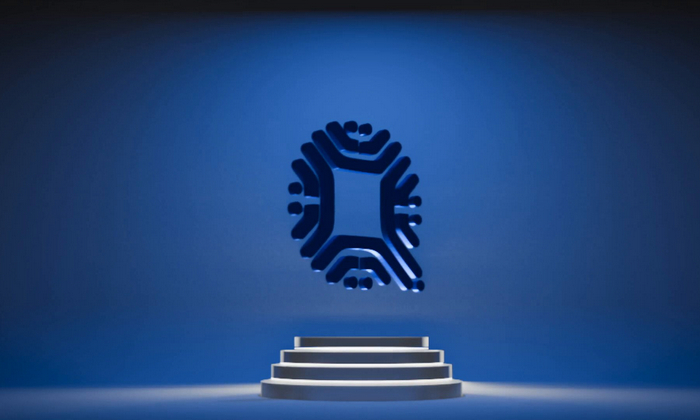
How to Buy and Trade QTUM
1. Choose a Cryptocurrency Exchange
To buy and trade QTUM, you will need to choose a cryptocurrency exchange. Some popular options include:
- Binance
- KuCoin
- Huobi
- Gate.io
- Coinbase
2. Create an Account and Verify Your Identity
Once you have chosen an exchange, you will need to create an account and verify your identity. This typically involves providing your name, email address, and proof of identity (such as a driver's license or passport).
3. Deposit Funds
Before you can buy QTUM, you will need to deposit funds into your exchange account. You can do this by sending cryptocurrency from another wallet or by using a credit card or debit card.
4. Place an Order
Once you have funded your account, you can place an order to buy QTUM. Select the type of order you want to place (such as a market order or limit order) and enter the amount of QTUM you want to buy.
5. Confirm the Transaction
Once you have placed an order, you will need to confirm the transaction. This typically involves entering a confirmation code sent to your email or phone number.
Where to Buy QTUM
In addition to the cryptocurrency exchanges listed above, you can also buy QTUM from several other sources, including:
- QTUM Official Website: The official QTUM website (https://qtum.org/) offers a list of exchanges where you can buy QTUM.
- OTC Brokers: Over-the-counter (OTC) brokers allow you to buy QTUM directly from other individuals.
- Peer-to-Peer Marketplaces: Peer-to-peer marketplaces allow you to buy QTUM from other individuals without using an exchange.
Trading QTUM
Once you have purchased QTUM, you can trade it on cryptocurrency exchanges. There are two main types of trading orders:
- Market Orders: Market orders are executed immediately at the best available price.
- Limit Orders: Limit orders are executed only when the price of QTUM reaches a specified level.
To trade QTUM, you will need to select the type of order you want to place and enter the amount of QTUM you want to trade. You can also set a stop-loss order or a take-profit order to protect your profits or limit your losses.
Disclaimer:info@kdj.com
The information provided is not trading advice. kdj.com does not assume any responsibility for any investments made based on the information provided in this article. Cryptocurrencies are highly volatile and it is highly recommended that you invest with caution after thorough research!
If you believe that the content used on this website infringes your copyright, please contact us immediately (info@kdj.com) and we will delete it promptly.
-
LLM Coin Price Prediction – The Next Fartcoin?
- 2025-01-10 00:35:24
-
2 Rare Dimes and a Bicentennial Quarter
- 2025-01-10 00:25:23
-
Bitcoin Price Predictions: Quantile Model Challenges $1 Million BTC by 2025 Target, Forecasts $300K by 2029
- 2025-01-10 00:35:24
-
WallitIQ (WLTQ) Presale Captivates Crypto Experts Who Predict a Staggering 50,000% ROI During the 2025 Bull Run
- 2025-01-10 00:35:24
-
DTX Exchange (DTX) is Transforming Trading Through Hybrid Innovation
- 2025-01-10 01:15:24
-
Education is Your Right! Don’t Let Social Norms Hold You Back. Learn Online with LEGIT. Enroll Now!
- 2025-01-10 01:30:24
Related knowledge
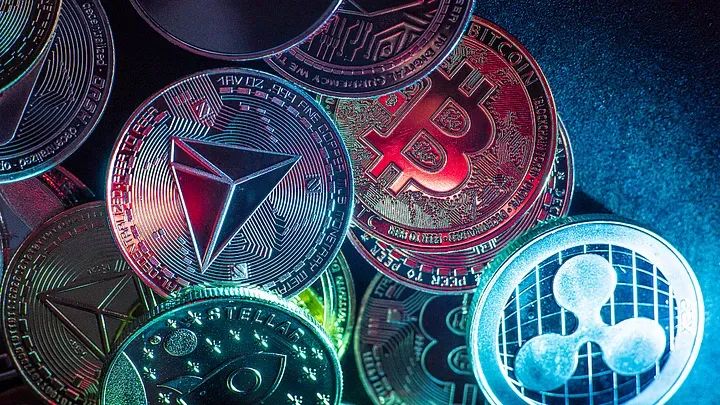
What Is The Difference Between Fungible And Non-Fungible Tokens?
Nov 26,2024 at 01:04pm
Fungible vs. Non-Fungible Tokens: A Comprehensive GuideIn the realm of blockchain technology, the concept of tokens lies at the core of many applications. Tokens represent digital assets that can be used to facilitate transactions, store value, or represent ownership. However, there exists a fundamental distinction between two types of tokens: fungible ...
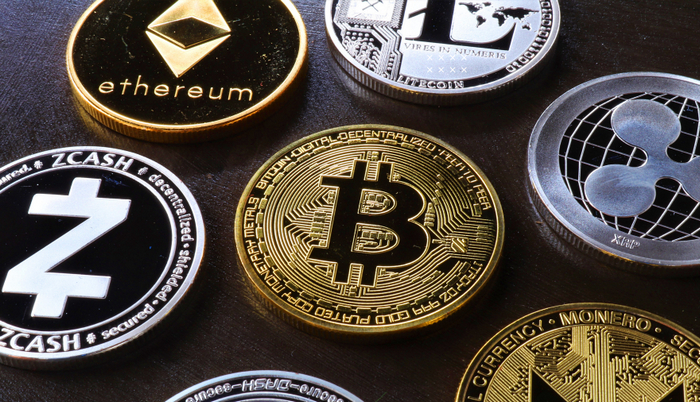
What is a Public Key Infrastructure?
Nov 23,2024 at 12:30am
What is a Public Key Infrastructure?IntroductionA Public Key Infrastructure (PKI) is a framework that enables secure communication over a network by managing digital certificates and public-key cryptography. PKI plays a crucial role in various blockchain applications, ensuring data integrity, authentication, and non-repudiation.Components of a PKIA PKI ...
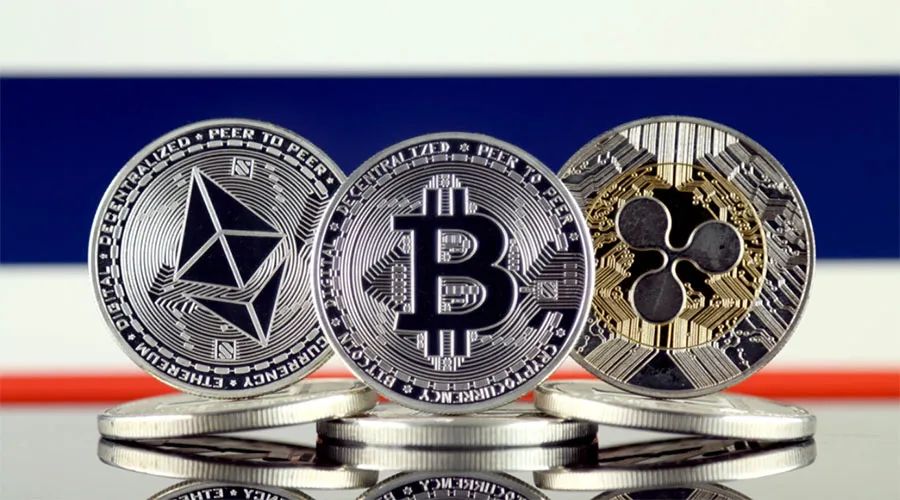
What is MEV (Miner Extractable Value)?
Nov 22,2024 at 06:22pm
What is Miner Extractable Value (MEV)?Introduction:Miner Extractable Value (MEV) is a term used to describe the profit that miners can make by manipulating the order of transactions in a block. This manipulation is possible because miners have the ability to choose the order in which transactions are included in a block, and they can use this power to f...
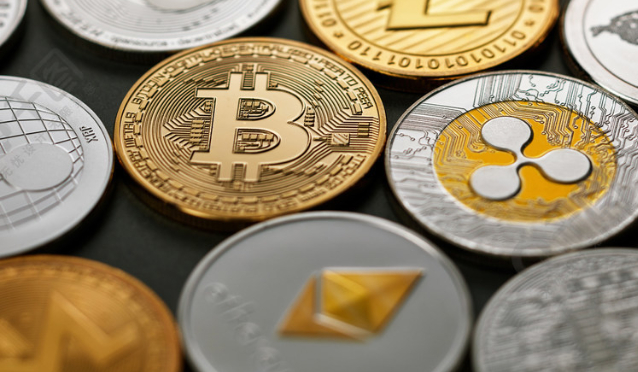
What is a Genesis Block?
Nov 24,2024 at 09:10pm
Decoding the Genesis Block: The Birth of BlockchainIntroductionThe Genesis block stands as the inaugural chapter in the blockchain saga, igniting the spark that revolutionized the world of finance and technology. This foundational block holds immense significance, embodying the inception of immutable ledgers, decentralized networks, and the transformati...
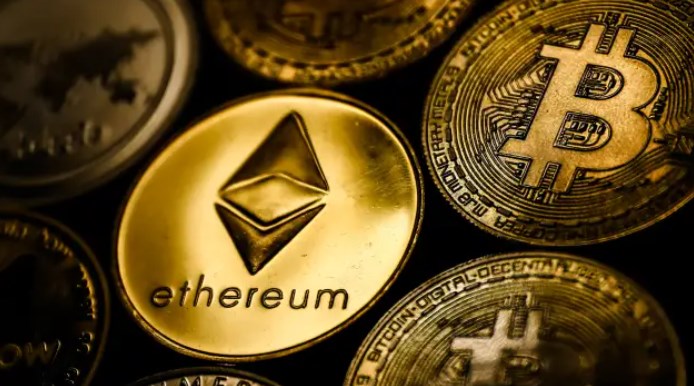
What Is an NFT Game?
Nov 26,2024 at 07:05am
What Is an NFT Game?Non-fungible tokens (NFTs) have taken the digital world by storm, empowering creators, collectors, and enthusiasts alike to own and trade unique digital assets. The integration of NFTs into the gaming industry has given rise to a captivating new realm known as NFT games, where players can not only enjoy immersive experiences but also...
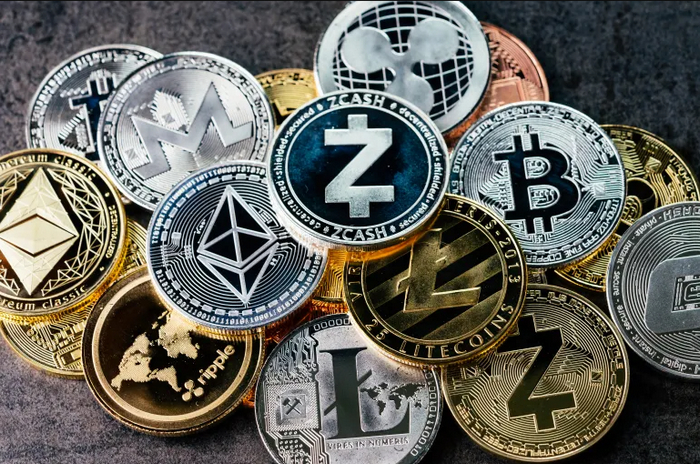
What Is an NFT Marketplace?
Nov 22,2024 at 07:43pm
What Is an NFT Marketplace?An NFT marketplace is a platform that facilitates the buying, selling, and trading of non-fungible tokens (NFTs). NFTs are unique digital assets that represent ownership of a specific item, such as a piece of art, music, video, or other collectible. NFT marketplaces allow users to create, list, and purchase NFTs, with transact...

What Is The Difference Between Fungible And Non-Fungible Tokens?
Nov 26,2024 at 01:04pm
Fungible vs. Non-Fungible Tokens: A Comprehensive GuideIn the realm of blockchain technology, the concept of tokens lies at the core of many applications. Tokens represent digital assets that can be used to facilitate transactions, store value, or represent ownership. However, there exists a fundamental distinction between two types of tokens: fungible ...

What is a Public Key Infrastructure?
Nov 23,2024 at 12:30am
What is a Public Key Infrastructure?IntroductionA Public Key Infrastructure (PKI) is a framework that enables secure communication over a network by managing digital certificates and public-key cryptography. PKI plays a crucial role in various blockchain applications, ensuring data integrity, authentication, and non-repudiation.Components of a PKIA PKI ...

What is MEV (Miner Extractable Value)?
Nov 22,2024 at 06:22pm
What is Miner Extractable Value (MEV)?Introduction:Miner Extractable Value (MEV) is a term used to describe the profit that miners can make by manipulating the order of transactions in a block. This manipulation is possible because miners have the ability to choose the order in which transactions are included in a block, and they can use this power to f...

What is a Genesis Block?
Nov 24,2024 at 09:10pm
Decoding the Genesis Block: The Birth of BlockchainIntroductionThe Genesis block stands as the inaugural chapter in the blockchain saga, igniting the spark that revolutionized the world of finance and technology. This foundational block holds immense significance, embodying the inception of immutable ledgers, decentralized networks, and the transformati...

What Is an NFT Game?
Nov 26,2024 at 07:05am
What Is an NFT Game?Non-fungible tokens (NFTs) have taken the digital world by storm, empowering creators, collectors, and enthusiasts alike to own and trade unique digital assets. The integration of NFTs into the gaming industry has given rise to a captivating new realm known as NFT games, where players can not only enjoy immersive experiences but also...

What Is an NFT Marketplace?
Nov 22,2024 at 07:43pm
What Is an NFT Marketplace?An NFT marketplace is a platform that facilitates the buying, selling, and trading of non-fungible tokens (NFTs). NFTs are unique digital assets that represent ownership of a specific item, such as a piece of art, music, video, or other collectible. NFT marketplaces allow users to create, list, and purchase NFTs, with transact...
See all articles





































